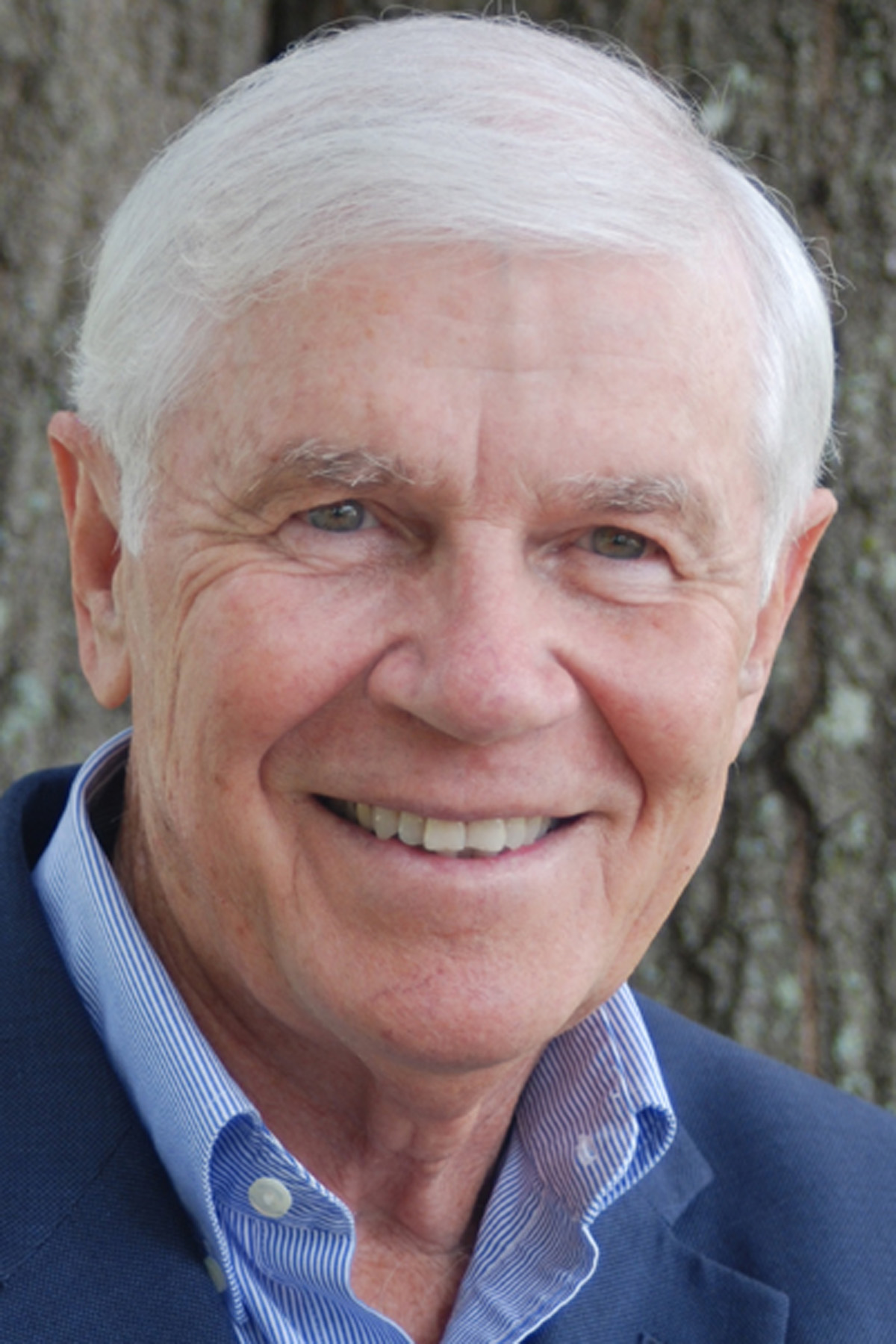
ORLANDO, Fla. (BP) — We were wrapping up the monthly business meeting at my first pastorate, Mt. Pisgah Baptist Church near Quitman, Miss., a meeting where I, as pastor, was serving as moderator. At the time, Mississippi was caught up in a raging fire of racial tension as James Meredith became the first black to enroll in Ole Miss.
That tension spilled over and touched our little country church.
Our Sunday night meeting was all routine until I asked for new business. One of our men — a man whom I loved, had visited often in their home, and he in ours — rose to his feet and said, “I move we fire the preacher.”
Our peaceful world quickly exploded. At first, I thought he was kidding but quickly realized he was serious. As moderator, I called for a second. (Have you ever called for a second to your potential demise?) There was a prolonged silence followed by a muffled second.
Tom proceeded to tell me why I needed to go. Basically, in his own words, “You are an n—- lover.” Then he went into a litany of things I had said. Taking bits of conversations and messages out of context, he proceeded to attempt to justify his recommendation.
No one else spoke. The people were in as much a shock as I. I asked them to table the motion, give me some time to gather my thoughts and bring it up at a later date. I went into the nursery where Jeanette was rocking our daughter Kitty, knelt by her chair and blurted out what had happened. (My lady has some Irish blood in her DNA. I think her first reaction was just walk out the door and let them have the church.)
Instead of acting out of hurt and anger, Jeanette and I prayed about this disturbing state of affairs. I knew that racial bigotry was such an affront to the love and grace of God for all. In the truest sense, this was a mountain to die on.
The Lord gave me a game plan. I asked the church not to vote as I knew the potential for division among longtime members and friends. I promised that the following Saturday I would visit every home. When I appeared at their home, they just had to say one word — either “Yes” or “No.” Yes if they felt I should continue or no if I needed to move on.
I told the congregation I would announce my survey results the following Sunday. I would continue serving as their pastor if they responded with yes or resign on the spot if the answer was no. We drove home with heavy hearts and our romanticized concept of ministry shattered. All kinds of thoughts raced through my head as I processed what had transpired. On a practical note, I thought about how I might notate being fired on my resumé.
On Wednesday night, a deacon Paul Patrick called me in New Orleans where Jeanette and I were living as I was also a student at New Orleans Baptist Theological Seminary.
“Brother Jim, do not visit any homes,” Paul said. “You are our pastor. Come by the station and I will give you the details.” (He ran the local gas station in the small logging village of Melvin.) Greatly relieved, I made that gas station my first stop on Saturday morning.
Mr. Tom, the one who called for my firing, apparently had decided to circumvent my request and had made visits in homes encouraging people to show up on Wednesday night to handle some church business. Word reached Paul and another faithful deacon, Bob Brewer, who made some calls and urged the people to pray and not act in haste. They crafted a statement that Bob read at the outset of the Wednesday gathering of a much larger than usual crowd.
I wish I had a copy of that statement. It went something like: “Our Baptist forefathers fought, bled and died that the pulpit would be a place where the preacher could freely preach the Word of God as the Holy Spirit led him. That has been the history of our church. Therefore, we move that our church continue to be a free pulpit where the pastor can preach in freedom the Word of God.”
The motion was made, seconded and then passed by a strong majority of the church. It sustained my continuing ministry there for another year.
I have pondered a thousand times the questions: What if they had voted to fire me? Would I still be in the ministry? What kind of attitude would I carry if I continued as a pastor? Could I ever trust people again?
One thing is for sure: The courageous action of those two deacons and the affirmation of a people living in the midst of a racial conflict with enormous ramifications carved a monument of deepest gratitude in the heart of a young preacher.
















